Indian American Nabeela Syed grabbed eyeballs on Wednesday after she won the US midterm election seat in Illinois’ lower house, beating the Republican incumbent, Chris Bos. The recent college graduate took to social media to share the news that has since gone viral. “My name is Nabeela Syed. I’m a 23-year-old Muslim, Indian-American woman. We just flipped a Republican-held suburban district,” she wrote on Twitter.
Nabeela is set to be one of the youngest members of the state’s House of Representatives, joining fellow ‘Gen Z’ Democrat Maxwell Alejandro Frost, who was elected to Florida’s lower house in the recently concluded US midterm elections. She joins Democrats Raja Krishnamoorthi, Ami Bera, Ro Khanna, Pramila Jayapal and Aruna Miller, among others, in the list of Indian Americans elected to office this year.
She attributed her success to ‘relentlessly knocking on doors’ to engage with voters and reaching out to them via mailers and television ad. “I’m feeling very, very grateful,” she told the Illinois-based Daily Herald. “I think we laid it all out there. We communicated our message. We wanted to let constituents in this district know what exactly I would fight for in the state legislature, in our suburban district and the place that I’ve called home.”
There are several factors that make Nabeela’s victory in Illinois’ 51st Congressional District noteworthy – she is young, a first-generation Asian-American and a hijab-wearing Muslim woman in a district that is overwhelmingly white. But her father Syed Moizuddin said that he wasn’t surprised that Nabeela went into public service.
“We knew right from high school that she is gonna do something big,” he told Lucia Barnum in the three-part Ground Game podcast that follows Nabeela’s political journey.
There is not much information about her Indian roots, but Nabeela said in an interview that her father immigrated to the US in 1989. “He worked his way up, was able to bring my mom here… his definition of success probably looks like building a life in a foreign country just so that he could give his future children as many opportunities as possible,” she told Ayra Mudessir in the Grow Wealthy podcast.
Growing up in Palantine, an upper-middle-class neighbourhood in Illinois, Nabeela said that she felt disconnected from politics as a child initially. Though that gradually changed, the turning point was Donald Trump’s presidential election in 2016.
“Once Trump was elected, the whole campaigning beforehand and seeing the kind of dangerous rhetoric he was using… that kind of tipped me over the edge,” she told Mudessir. “It was the Trump presidency that took me from not only do we have to be engaged with politics but we have to actually partake in it because if we don’t, other folks are going to write the narrative.”
Progressive platform
The political science graduate from the University of California, Berkeley, ran on a progressive platform, pledging to protect women’s access to healthcare and abortion, make prescription drugs more affordable, increase support for public schools, ban military-style assault weapons, and enact common-sense gun safety measures.
“I had to do active shooter drills. Future generations should not have to,” she told The Trace, a US-based gun news website, recounting feeling terrified while participating in one such drill when she was in the third grade.
Prior to her foray into active politics, she had served as the campaign manager for the election to the school board, worked with several non-profits working on different aspects of elections, including raising money for female Democratic candidates. A champion debater, she also coached her high school debate team for over two years.
Challenges galore
Her entry into politics was aided partly by the Covid-19 pandemic, which saw the 23-year-old move back home for online classes in the final year of college. During this period, Nabeela and her high school friend-turned-campaign manager Anusha Thotakura contemplated running for office, Barnum said in the Ground Game podcast.
However, an unexpected liver donation surgery complicated the issue.
In a letter on organ donation published on the Chicago Tribune website on February 14, Nabeela wrote of her experience.
“Last June, while scrolling through social media, I read a tweet from an old friend that made me stop. In the tweet, he shared that his brother had a severe liver condition. After months on the donor registry for a liver transplant, his family was looking for a living donor to help save his brother’s life. I, along with over 100 Twitter users, expressed interest through a form. I didn’t expect to be a match. But after doctors at Northwestern ran several tests, I was notified that I was a match — I could help save this person’s life by donating 70% of my liver,” she wrote.
She described the episode as extremely challenging but said that knowing that the person she helped is now able to start his medical residency program has helped her cope.
Growing into the hijab
In the Ground Game podcast, Nabeela spoke of the decision to start wearing a hijab in her freshman year of school, prompting her family to worry if she will be bullied.
“No one in my family really did [wear a hijab],” she said. “I was feeling very close to my religion. I was drawn to wearing a hijab and I feel like that was one of the defining moments of me doing what I wanted to do because I truly believed in it… in me making a decision for myself.”
She said that though her friends were supportive in the early days, the Trump-era America proved difficult. “People made it clear how they felt,” she said of her time as a Muslim-American senior in a predominantly white high school, with classmates who often openly supported Trump.

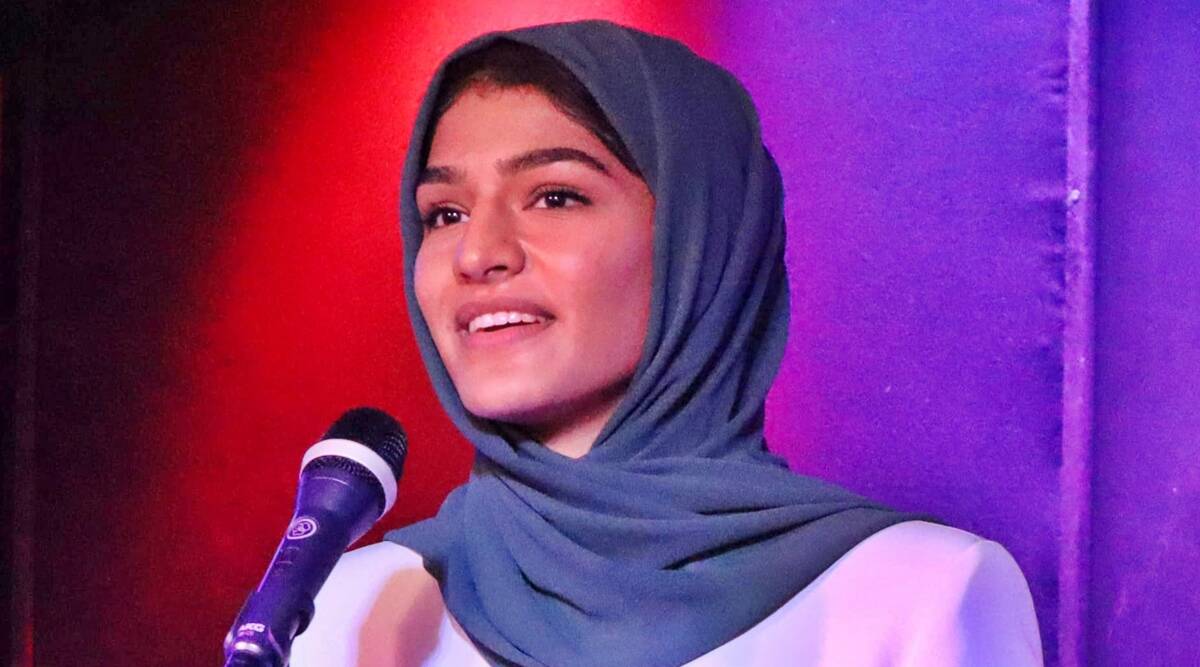
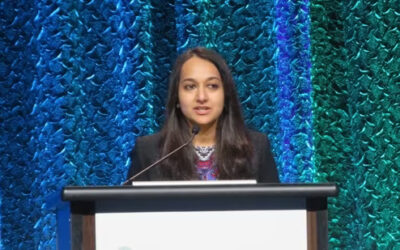
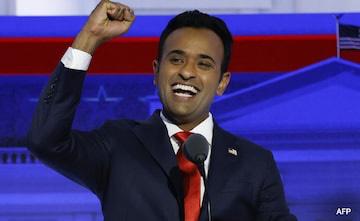
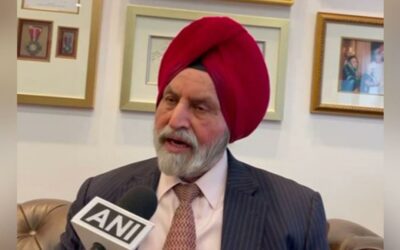


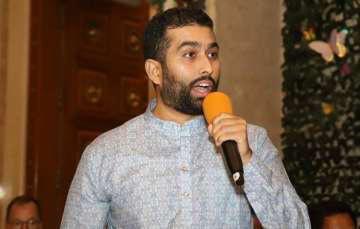



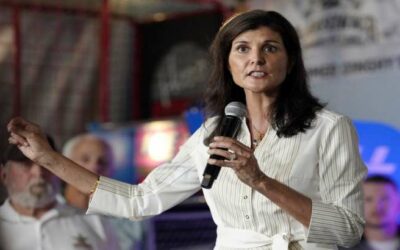
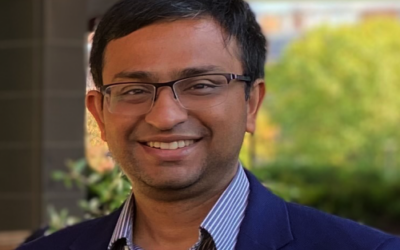
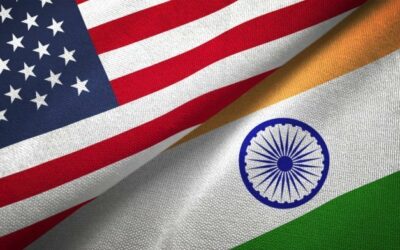
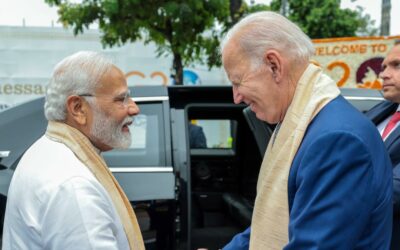
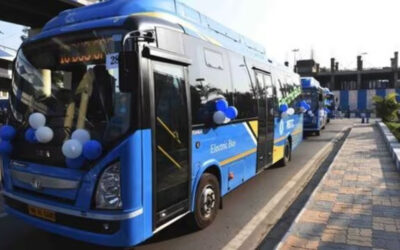
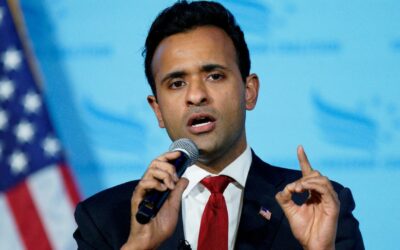
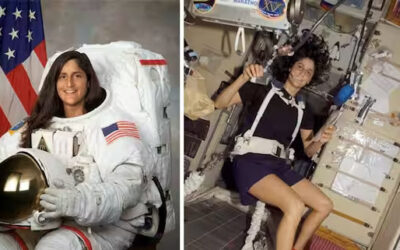
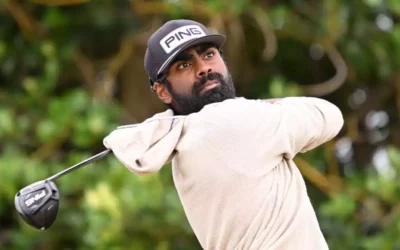

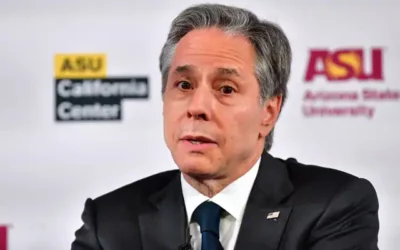
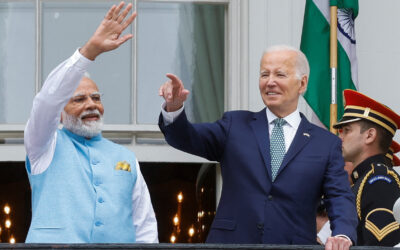
0 Comments